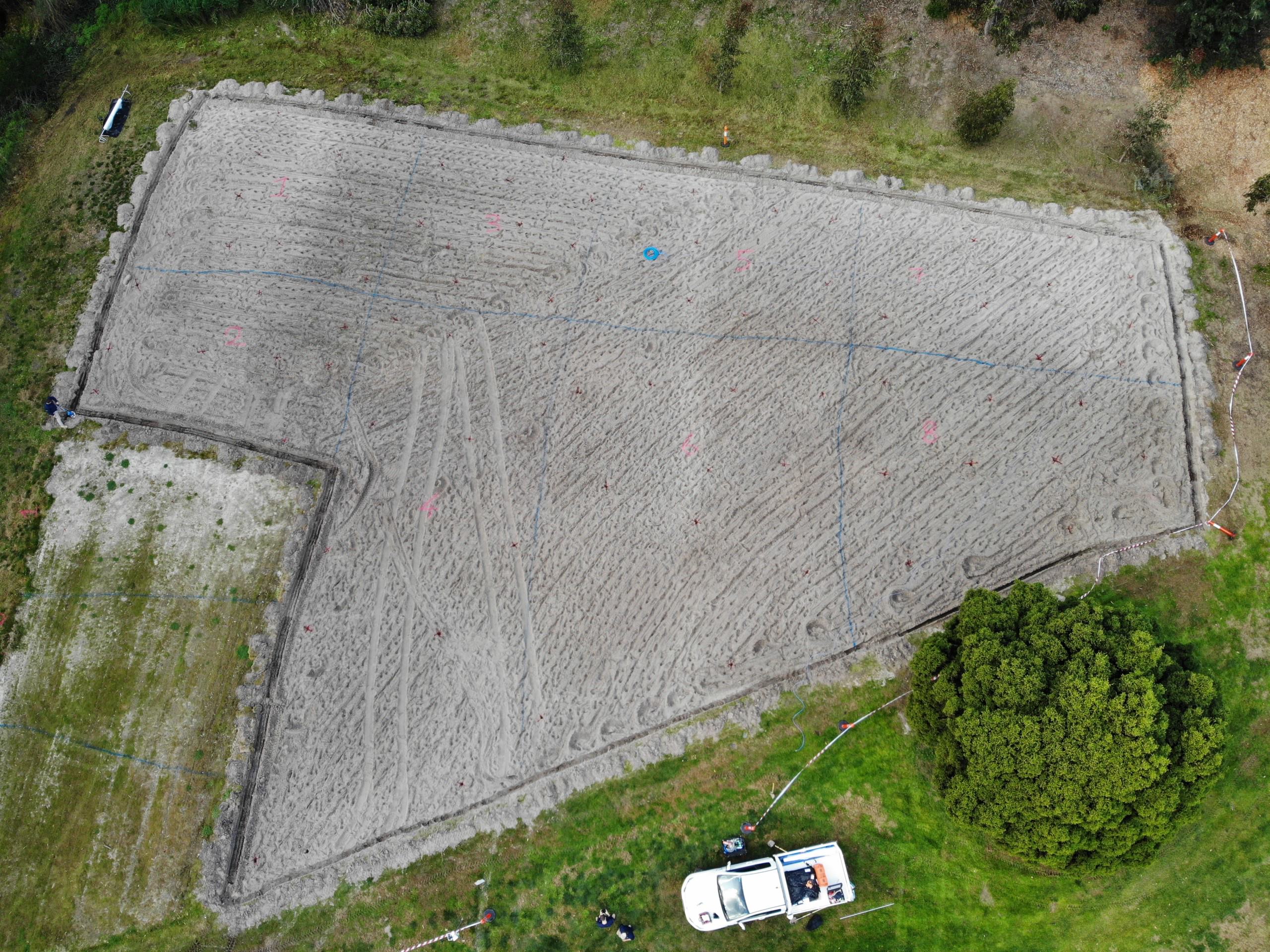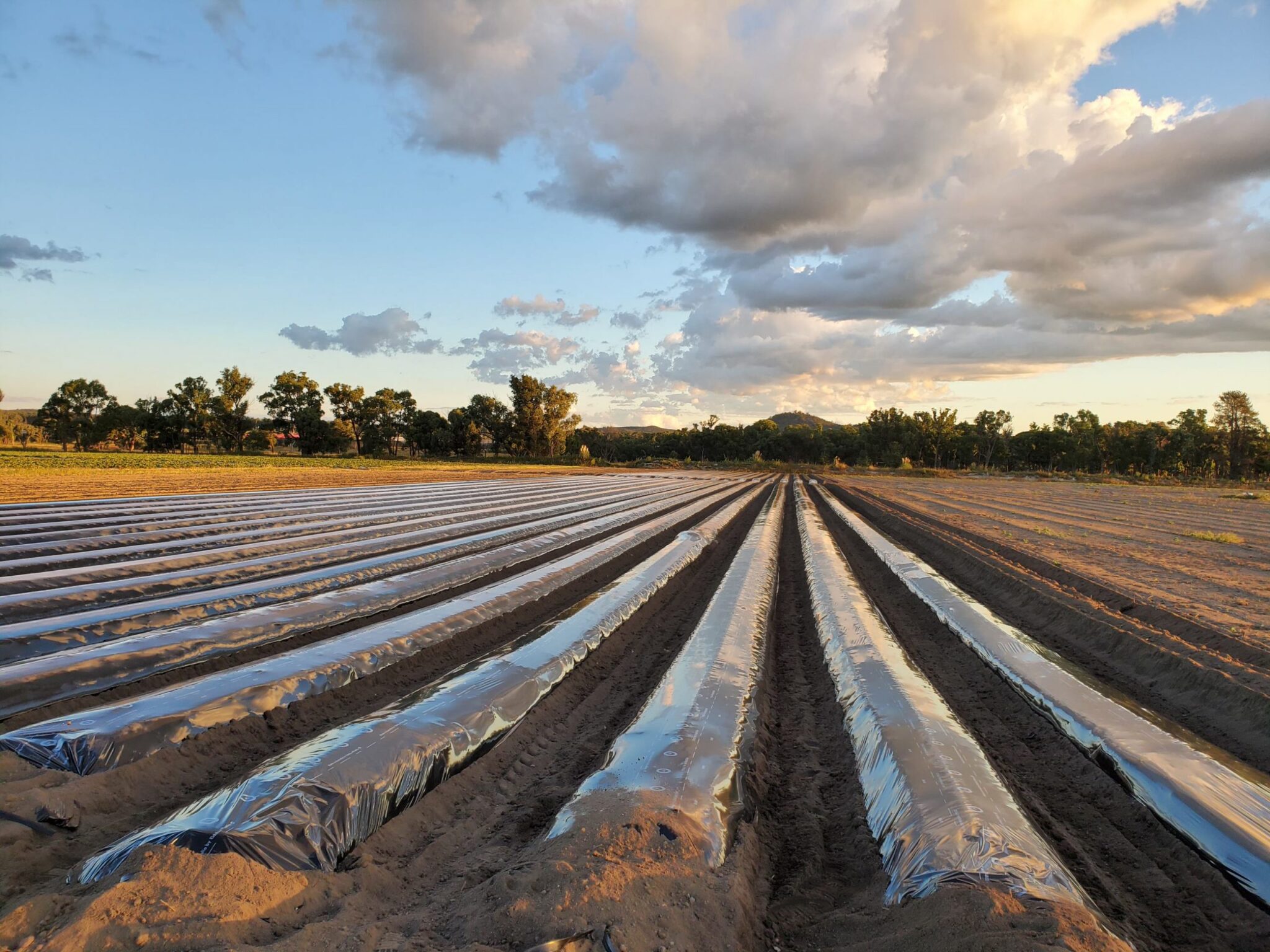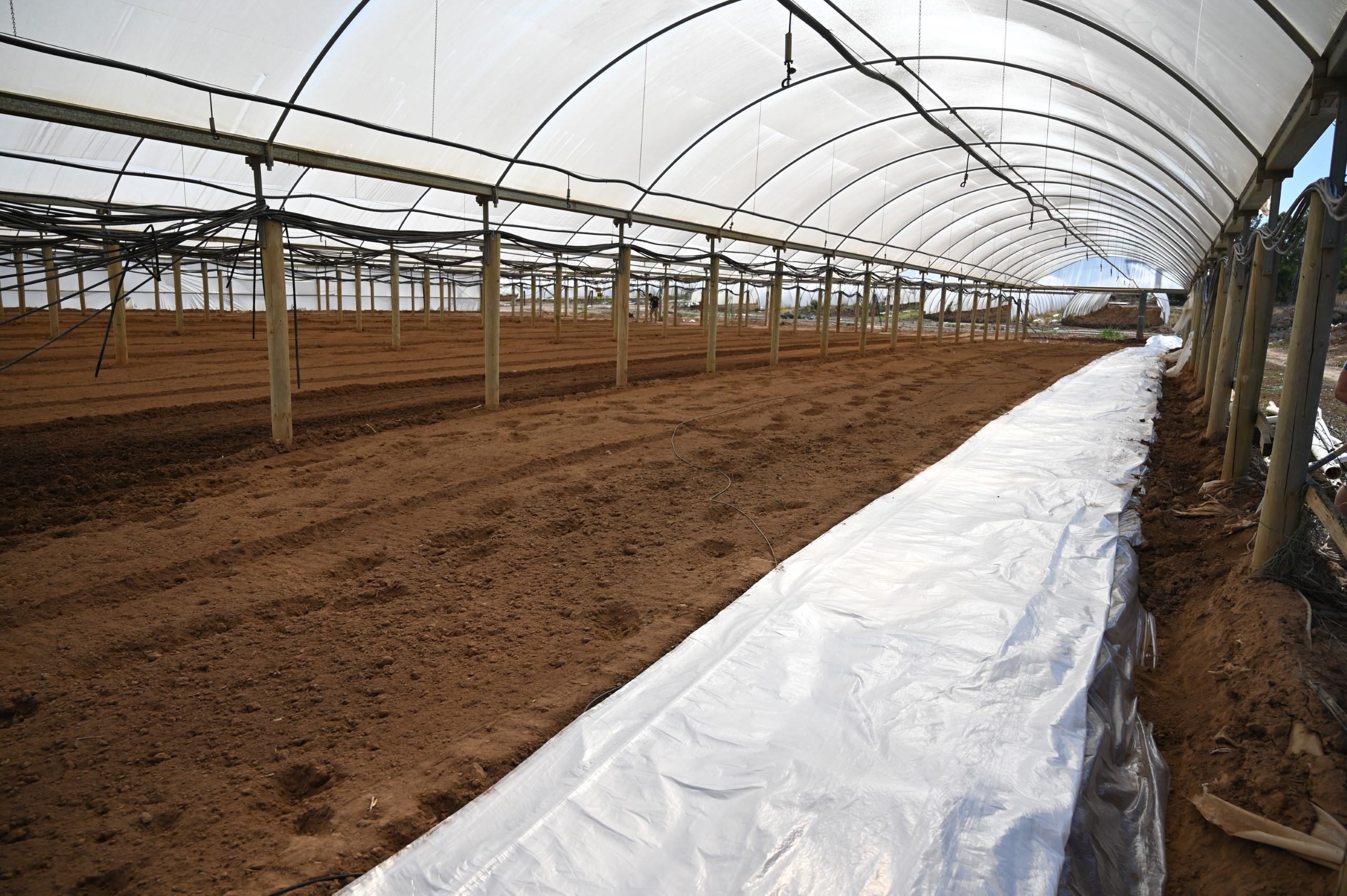Maximising Crop Production For Farmers
Maximizing crop production is a critical goal for farmers worldwide, as it directly impacts food security, economic stability, and sustainability in agriculture. The importance of this goal has only intensified with the challenges posed by a growing global population, climate change, and the finite nature of arable land.
One of the key strategies to enhance crop yield and ensure the health of the crops is soil fumigation, a practice that offers several benefits in the pursuit of maximizing agricultural productivity.
Vegetables
Farmers plant up to 3 crops a year on the same soil and even with crop rotation, the build-up of soil-borne diseases and eelworm infestation cannot be controlled effectively.
Fumigation eradicates all soil pathogens and specifically plant parasitic eelworm.


Strawberries
Strawberry farmers fumigate before every planting due to strawberry plants being very susceptible to root diseases.
The input cost for strawberry farming is very high and fumigation is recommended to maximise production and minimise risk.
Flowers
Flower farmers fumigate to ensure maximum production. Rose farmers also have problems with replant disease when they re-establish roses on soil that was previously planted with roses. Fumigation is needed to rectify the problem.
Proteas are very susceptible to phytophthora and other root diseases and replanting on soils where proteas were produced before, will result in poor growth and production.
Fumigation of potting soil for nurseries is recommended and is good practice.
